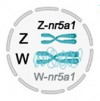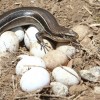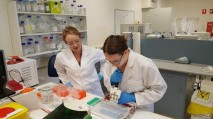






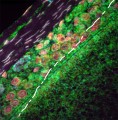



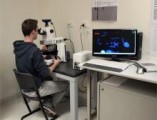
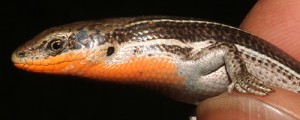


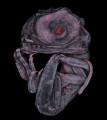

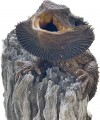
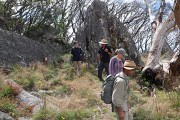




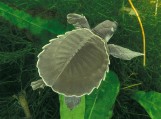


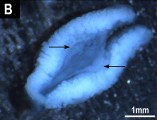
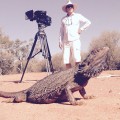
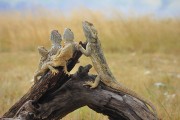

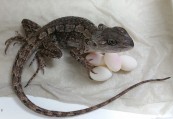

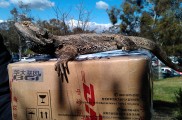
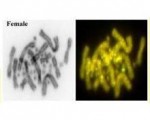


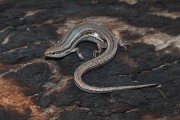
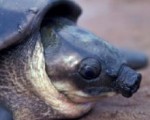
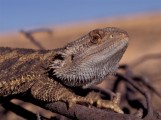

NewsBlog
Bassiana Genome Assembly Announced
Posted in Genomics on Jun 05, 2025
Today (5-May-2025) we are very pleased to announce the formal publication in print of our latest genome assembly, this time for the Alpine form of the eastern three-lined skink *Bassiana duperreyi*.
Pogona genome PviZW2.1
Posted in Genomics on May 02, 2025
A new telomere to telomere assembly for the Central Bearded Dragon Pogona vitticeps.
Jenny Graves honoured
Posted in Pogona Research on Sep 12, 2024
Congratulations to Prof Jenny Graves on receipt of the prestigious Ruby-Payne-Scott Medal from the Australian Academy of Science.
Georges elected as Fellow of the Academy
Posted in Pogona Research on Sep 11, 2024
Congratulations to Arthur Georges on his election to the Australia Academy of Science for his work on the genetics and epigenetics of sex determination in reptiles.
Sex in dragons -- reversal is stable
Posted in Pogona Research on Feb 26, 2022
A combination of chromosomal sex determination and temperature-induced sex reversal appears to be evolutionarily stable based on evidence from an extensive field study of the central bearded dragon in central Queensland. Read more about it in a paper, led by Kris Wild, that came out today in Molecular Ecology.
Sex in Dragons -- role for chromosomal conformation?
Posted in Pogona Research on Jan 17, 2022
Reptiles have an extraordinary variety of mechanisms to determine sex. In an article that appeared in PNAS this week, we propose that altered configuration of the repeat-laden W chromosome affects the conformation of the primary transcript of a candidate sex determining gene to generate more diverse and potentially inhibitory W-borne isoforms that suppress testis determination. Epigenetics rules.
Epigenetics of the Dragon
Posted in Pogona Research on Dec 15, 2021
Great to see that the antibodies for a range of sex related proteins developed for mammals work in our model species, the dragon lizard. Our article, led by Sarah Whiteley and as a collaboration between the QIMR Berghofer Institute for Medical Research, appeared today in the journal Biology of Reproduction.
Microchromosomes central players in vertebrate evolution
Posted in Genomics on Oct 31, 2021
Unlike mammals, most birds and reptiles (birds are reptiles after all) have a series of very small microchromosomes in addition to larger macrochromosomes. In a paper that appeared this week in PNAS, we show remarkable conservatism in the homology among microchromosomes dating back to Amphioxus. This work shows how we are all the product of our history, and not just recent evolutionary history, but with a signature in our genome organization that goes back to the pre-vertebrate days of an Amphioxus-like ancestor.
Sex reversal provides new insight to being female
Posted in Pogona Research on Apr 14, 2021
In our recent study reported in PLoS Genetics, we take the unique opportunity to compare gene regulation in the embryonic gonads of the Bearded Dragon with sex determined by chromosomes with that of embryonic gonads where female sex is determined by environmental temperature. This provides a window within which to examine how the cell senses environmental temperature then transduces via ubiquitous signalling pathways to direct the epigenetic processes that govern sex determination.
Alpine lizards reverse sex as it becomes cooler
Posted in Pogona Research on Feb 01, 2021
The alpine skink has XX/XY chromosomes like us, but unlike us the females can be converted to males in the egg by low temperatures. In a paper that appeared today in Heredity, Dumie Dissanayake shows that the frequency of sex reversal varies along an elevational gradient, and that the resultant sex ratio skew will potentially drive the loss of the Y chromosome at the highest elevations. Interesting stuff. https://rdcu.be/ceziZ.





